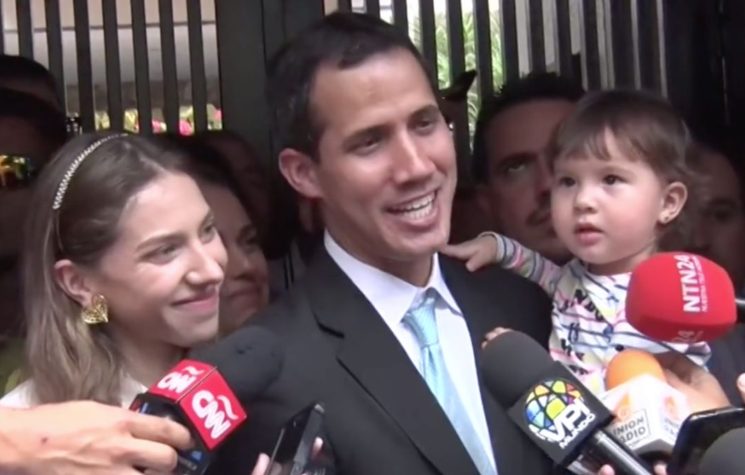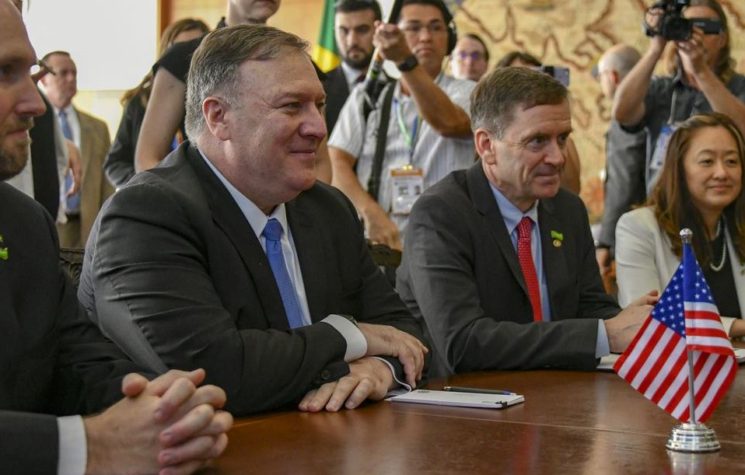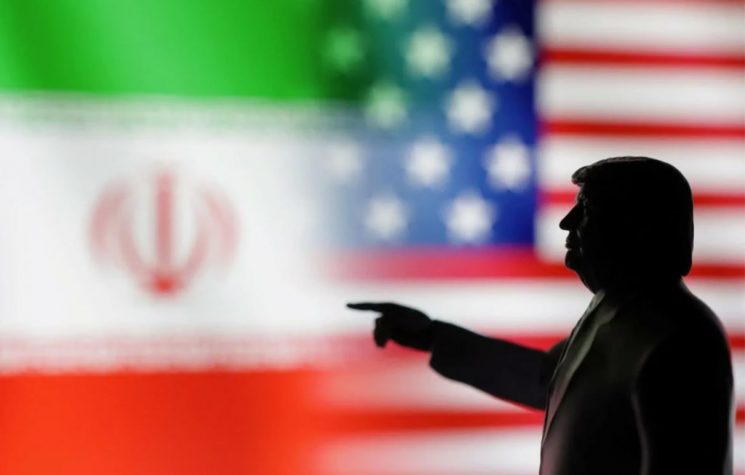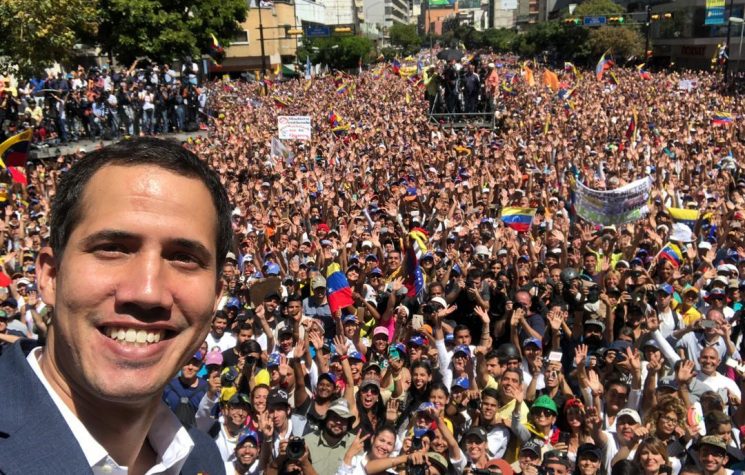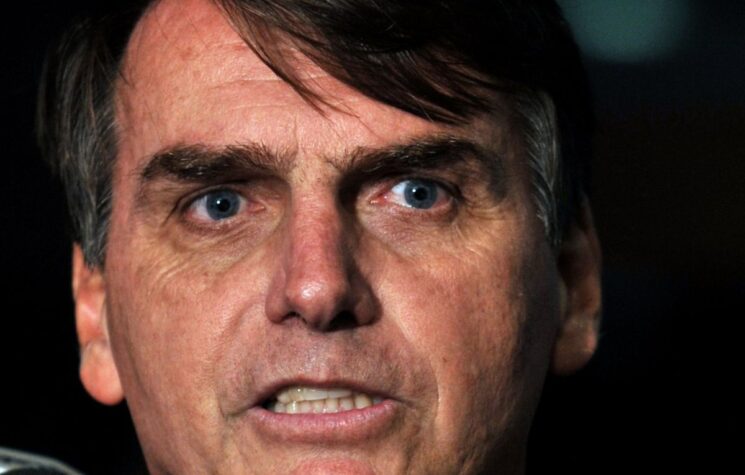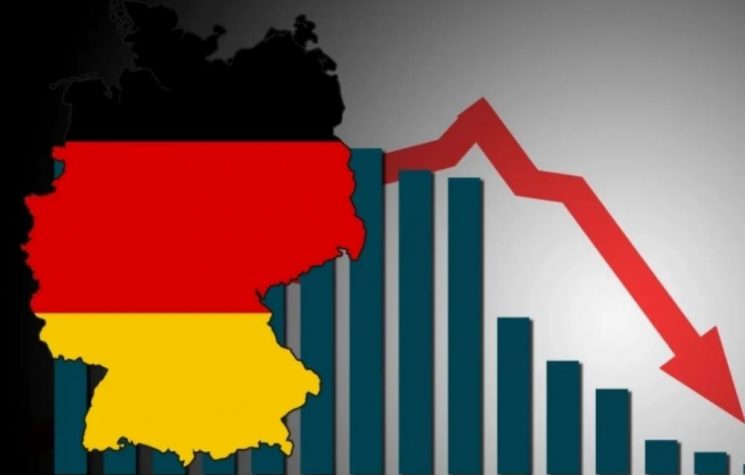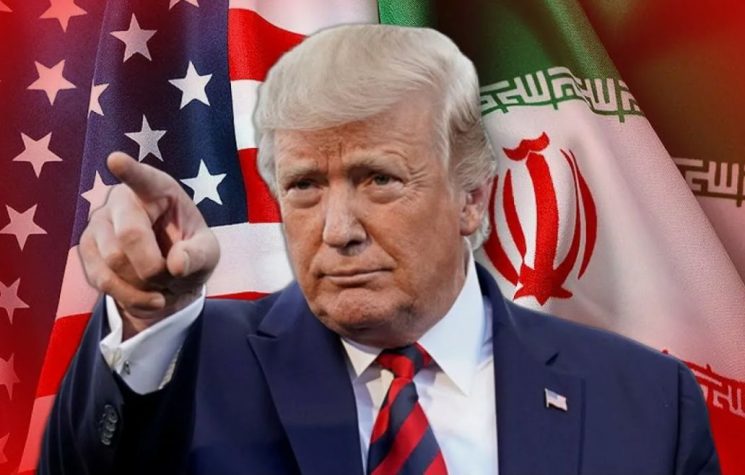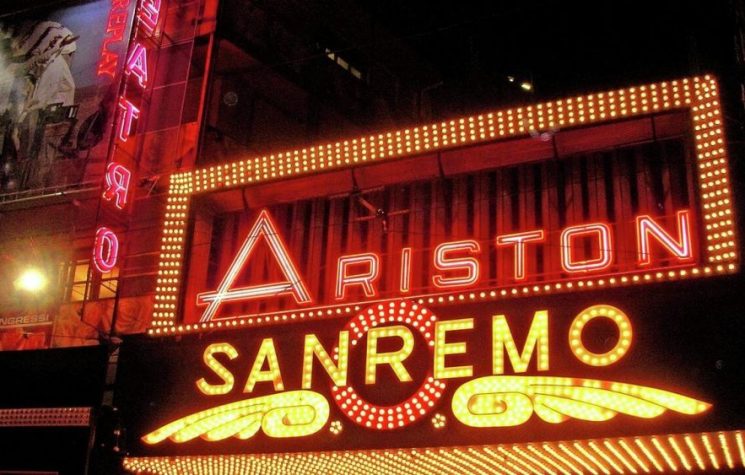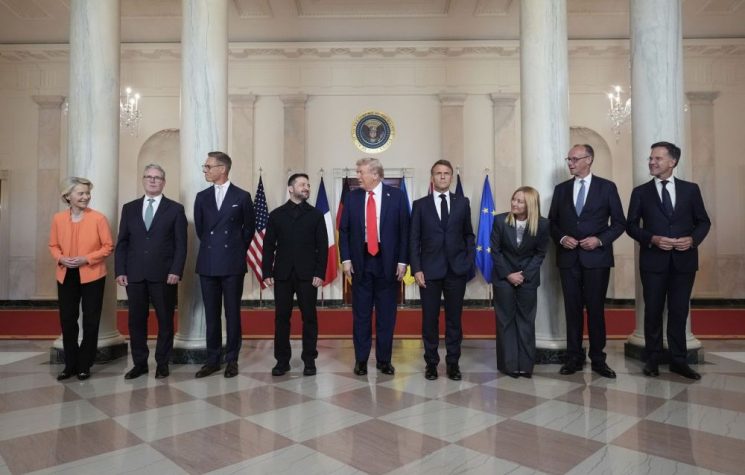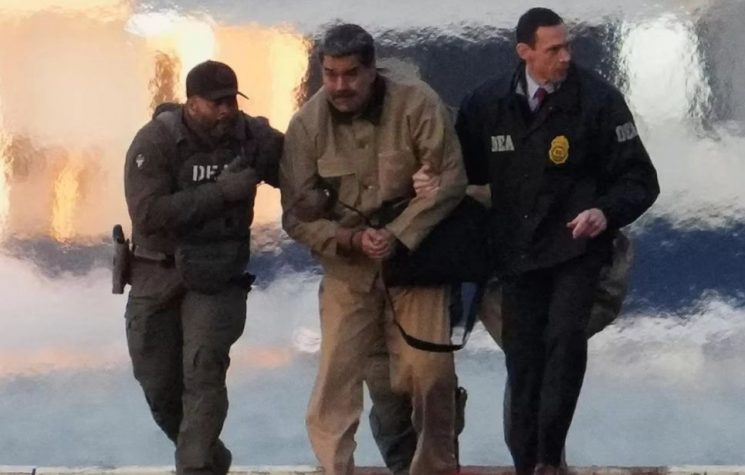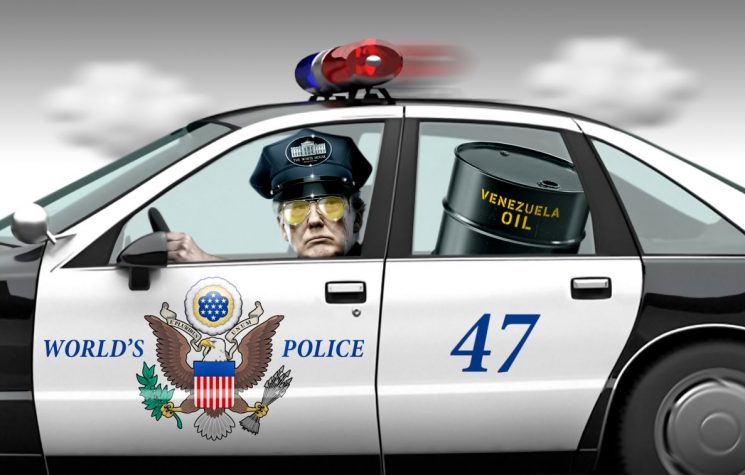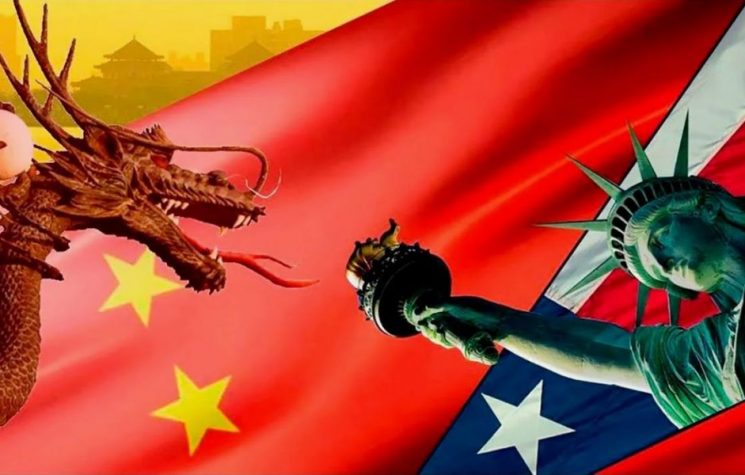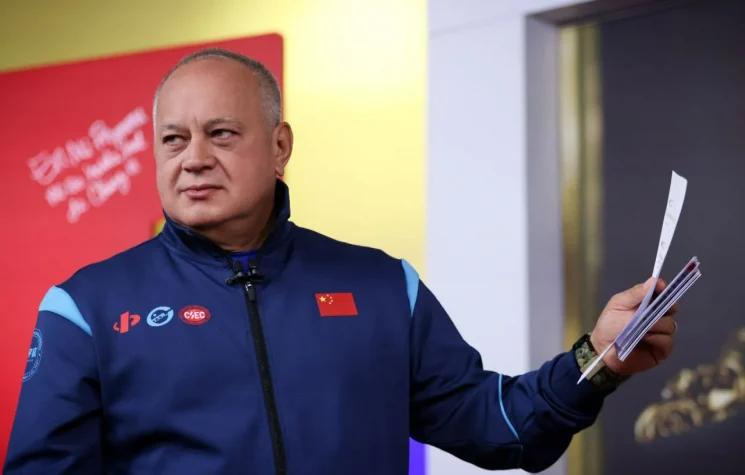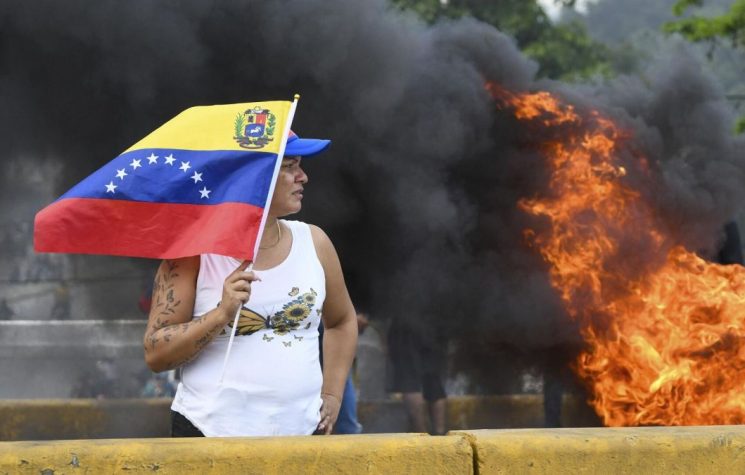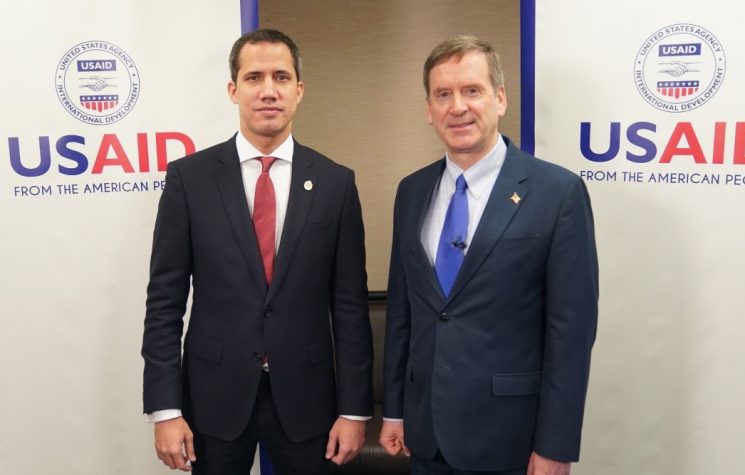Diplomacy is in a crisis, re-emerging as something else more sinister and darker for its ambassadors. From Venezuela to Lebanon though, their time is up. Their dirty game is no longer a secret and it will be the starving Lebanese who will unseat them.
Diplomacy has been in the news quite a bit in late June. Yet it has still left many of us wondering if there is ever a real role for diplomats to play in this junk-news, social media-obsessed world which has reduced them to mere “waiters who are occasionally allowed to sit down” as Peter Ustinov once put it.
But Venezuela’s President Nicholas Maduro, who the West hates, has proved (contrary to my own thoughts) that diplomats are not entirely useless. Indeed, one could argue that they have a role to play – even a nefarious one – which is why he has thrown out of the country the EU’s own ‘ambassador’ in Caracas. Just recently the EU imposed fresh sanctions on 11 officials there, which follows an earlier ruse to topple Maduro, which involved an arms embargo enforced in 2017.
Maduro is simply getting tired of the dirty tricks that the EU is playing there which include recognising Juan Guaido as “interim president” despite no elections being held. Typically for the EU, any pretences of democratic leanings are dispatched into the long grass when Brussels doesn’t get what it wants – whether we’re talking about re-running referendums when the result is ’wrong’ or installing their own puppet as president in south American regimes which are aligned to their interests.
It was very good though of Maduro to arrange a plane for Isabel Brilhante Pedrosa though during a corona lockdown where all flights are cancelled. I wonder if this move will start a trend with the EU’s 120 or so diplomats around the world, who are mainly based in poor countries where they can bully local despots into signing up to their hegemony – and getting trade and aid in return.
In most cases though this won’t be the knock-on effect as local EU ‘ambassadors’ rarely hold their host countries to account on human rights atrocities. In Morocco where I live, for example, we haven’t heard a squeak out of the EU delegation in Rabat over a spate of journalists being arrested here on trumped up sex-related charges, or even the more sobering reports of the Moroccan government allegedly buying Israeli spy software and using it to bug journalists – denied firmly by Rabat of course.
The same can be said for the British ambassador here who is excremental in making video clips and arranging local media to interview him when the main subject is…himself. But not a word from Thomas Reilly on the local journalists. Given that Reilly hasn’t achieved a single thing for Britain in three years of extreme sycophancy of both elites in Morocco and the UK and is singularly incapable of pulling off one deal for UK businesses, one has to ask the question, what is the point of him?
Indeed, the Foreign Office in London have asked the same question and have concluded that he has to go in the coming weeks, cutting short his expected term by one year.
But it is a valid question. What is the point of diplomats in this age? What should their role be when, in Reilly’s case, all it amounted to be was naked self-promotion to gentrify himself. And yet, even at that, he seems to have failed.
The answer seems to be that they do have a role. It’s just not the one which is sold to us. They are not there to help stranded tourists (the UK embassy’s failure in Morocco is legendary as there are still British tourists as I write stranded here); their role is not to oil the wheels of international business as Reilly’s track record is null. And their role is certainly not to improve relations between their host country and their own. Relations between Britain and Morocco are so bad that the foreign minister in Rabat won’t see – or be seen – with Reilly, who, in turn, doesn’t even rate the gentleman as worthy of an official visit.
A lot of smoke and mirrors. But when you see through the fog, you see that diplomats today have a more disreputable role to play, when required. Just look at the Madeleine McCann scandal which is surfacing once again and examine the role of the British embassy in Portugal whose ambassador initially went to the holiday resort where Maddie was snatched and did his own snooping – with the conclusion that he recommends in a letter to the Foreign Office in London in 2007 that the government should distance itself from the McCanns who he suspects are complicit in their daughter’s death. What followed was a tawdry policy decision by Tony Blair which challenges the Ambassador’s findings (inconsistent witness statements) and kicks off the most corrupt campaign to support the McCanns and to put as much government resources into the ‘abduction’ theory as possible (which supports their innocence). John Buck, the UK ambassador there at the time must have asked himself what is the point of being an ambassador (when London has almost no regard for his point of view whatsoever) while many British people would question whether it’s correct of diplomats to investigate murders.
London didn’t want Buck to do any work unless it concluded in their own political agenda of supporting the McCanns and smothering any possible scandal which could disrupt the EU’s expansion process of going on at the time, The Lisbon Agenda.
And even today we see more examples of diplomats neither helping their own citizens, nor supporting their own countries industries – let alone smoothing relations between their own country and their hosts – but more involved in dirty work.
A few weeks ago, I wrote about how the EU was aligning itself with the U.S. over China. In recent days though that informal policy has become formalised into what could only be called an EU-U.S. ‘gang bang’ against Beijing. Goaded on by Mike Pompeo and amid a few denials, it seems that both these blocks are tag-teaming to present a double barrelled policy towards China, post corona. I’m certain diplomats have their hands sullied by this on both sides where they work surreptitiously before cleaning themselves up the next day to do a zoom interview by a local useful elitist idiot who showers them with torrential bullshit about their achievements and presents them with a cake and a candle.
Have a heart for the Lebanese who treated ambassadors of EU countries like superstars, without realising how they were being duped. Now, via twitter, more and more Lebanese are coming to me and regaling me about the utter impotence of EU and – in particular – the British ambassador in Beirut. As now mere spectators to an economy which is heading towards the Venezuela model, as for the first time, bread queues make the headlines, along with middle class Lebanese having empty fridges – the Lebanese reflect on the role of these diplomats. What are they doing? What is the point of them?
How long before the angry crowds in Lebanon vent their anger towards EU embassies and even the EU ‘delegation’ office itself when their unreserved uselessness becomes more and more evident? As each day passes, diplomats there become richer and richer as the local currency crashes but the ambassadors continue to draw their hard currency salaries. Soon only the hyper inflated food in the super markets will be bought by these diplomats while humble Lebanese starve.
Will people think about the role of diplomats then? Will they then be allowed to “sit occasionally” and eat magre du canard while middle class Lebanese can’t even buy bread? Will the starving Lebanese then begin to think of them as supporting the corrupt elite and therefore part of the problem itself?








